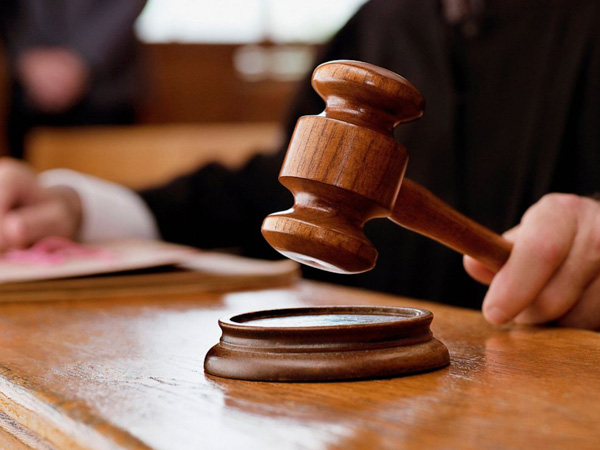Supreme Court Rejects Petition for Buddhist Control of Mahabodhi Temple
The Supreme Court dismissed a plea seeking to transfer management of Bodh Gaya's Mahabodhi Temple to Buddhists, advising the petitioner to approach the Patna High Court instead. The petitioner argued that current governance undermines religious rights of Buddhists, urging amendments to the Bodh Gaya Temple Act, 1949.

- Country:
- India
The Supreme Court has dismissed a petition requesting the transfer of the Mahabodhi Temple's control in Bodh Gaya to the Buddhist community. This move comes after a vacation bench, consisting of Justice MM Sundresh and Justice K Vinod Chandran, ruled that the plea was not maintainable under Article 32 of the Constitution.
The petitioner, Sulekhatai Nalinitai Narayanrao Kumbhare, argued that the 1949 Bodh Gaya Temple Act, which entrusts temple management to a committee overseen by the Bihar government and represents both Hindus and Buddhists, undermines Buddhist religious rights. The court advised her to seek recourse through the Patna High Court.
As a UNESCO World Heritage Site, the Mahabodhi Temple holds considerable spiritual significance for Buddhists worldwide. The plea sought amendments to ensure the temple is managed exclusively by Buddhists, aligning with their faith and cultural traditions. The request was ultimately rejected by the apex court, which granted liberty to approach the High Court.
(With inputs from agencies.)
ALSO READ
Patna High Court Quashes Case Against Bihar CM Nitish Kumar Over Anthem Incident
Patna High Court Dismisses Summons Against Nityanand Rai
Bihar Government Boosts Pensions Ahead of Elections
Supreme Court Directs Bodh Gaya Temple Act Challenge to High Court
Patna High Court Demands Action on Minor Girls' Exploitation by Dance Groups










